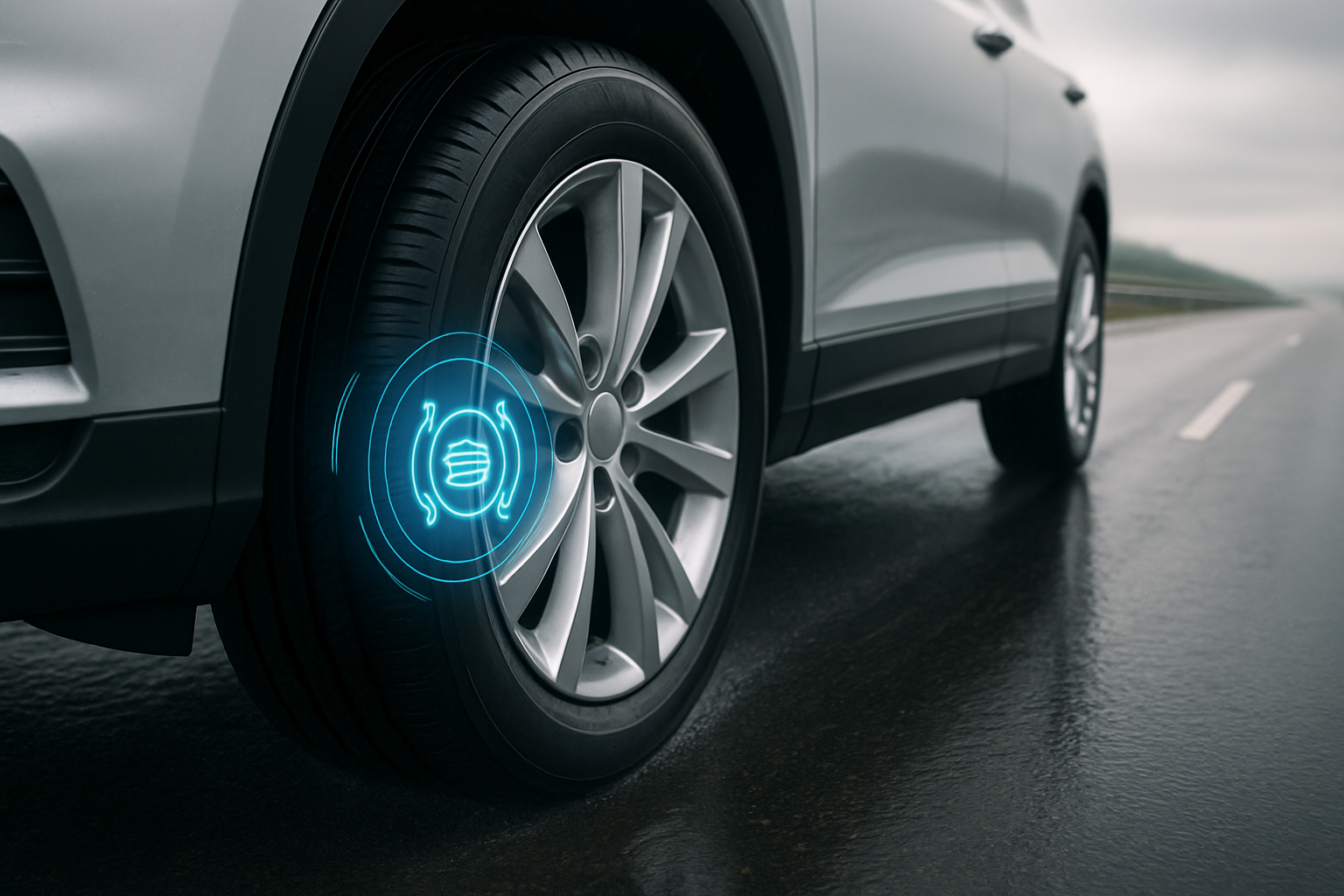The Transformative Power of Hydrogen Fuel Cell Technology: An Automotive Game Changer
Imagine a world where cars emit only water, not harmful greenhouse gases. Where we can achieve the range and refueling speed of traditional gasoline vehicles without the associated environmental impact. This isn't the stuff of science fiction; it's the promising reality offered by hydrogen fuel cell vehicles.

The Genesis of Hydrogen Fuel Cell Vehicles
The history of hydrogen fuel cell vehicles dates back to the 1800s, with the invention of the fuel cell itself. Sir William Robert Grove, a British scientist, demonstrated the feasibility of generating electricity by reversing water electrolysis—a process that produces hydrogen and oxygen. However, it wasn’t until the mid-20th century that the concept was applied to automotive technology.
In 1959, Allis-Chalmers Manufacturing Company unveiled a fuel cell tractor, marking the first substantial venture into hydrogen-powered vehicles. Fast forward to the 21st century, automobile giants like Toyota, Honda, and Hyundai have launched hydrogen fuel cell cars, bringing us closer to a greener future.
Current Trends and Industry Insights
Today, hydrogen fuel cell vehicles are still a niche segment in the automotive market, yet they hold enormous potential. They offer the long-range and quick refueling times comparable to gasoline vehicles—a distinct advantage over electric cars.
However, the high cost of fuel cells, lack of hydrogen infrastructure, and the challenges of hydrogen storage and production are inhibiting widespread adoption. Nevertheless, industry experts predict substantial growth in this sector, driven by advancements in fuel cell technology and growing environmental consciousness.
The Impact of Hydrogen Fuel Cell Technology
The biggest draw of hydrogen fuel cell vehicles is their potential for zero-emission driving. Unlike conventional vehicles, which emit carbon dioxide, these cars only release water vapor, contributing to a cleaner environment.
Moreover, hydrogen, unlike fossil fuels, is an abundant element, making it a sustainable fuel source. However, producing hydrogen in a green and economical way remains a challenge. Most hydrogen today is derived from natural gas in a process that emits carbon dioxide, negating the environmental benefits of these vehicles.
The Road Ahead: Challenges and Opportunities
Despite the many benefits of hydrogen fuel cell vehicles, several obstacles must be overcome for them to become mainstream. Creating a robust infrastructure for hydrogen fueling stations is a significant challenge, given the high cost and logistical issues associated with storing and transporting hydrogen.
Yet the opportunities are immense. If advancements in green hydrogen production methods, such as electrolysis powered by renewable energy, become commercially viable, we could significantly cut down on greenhouse gas emissions.
A Greener Future Awaits
While hydrogen fuel cell vehicles are not yet a common sight on our roads, they represent a fascinating and potentially revolutionary aspect of automotive technology. As we continue to grapple with the environmental implications of our reliance on fossil fuels, the need for cleaner, more sustainable transportation solutions becomes increasingly apparent. Hydrogen fuel cell vehicles, despite their current challenges, could be a significant part of the solution.




